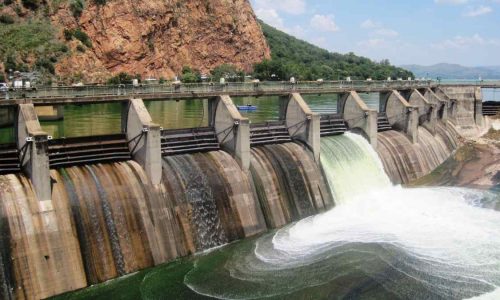JAKARTA, May 27, 2024 − Fossil fuels continue to dominate Southeast Asia’s energy sector, controlling around 83 percent of the region’s energy mix and largely overshadowing the 14.2 percent contribution from renewables. Among these, solar energy remains underutilized. While Vietnam has made significant strides, achieving an impressive 20.5 percent share of its power from solar, Indonesia still lags substantially, with less than 1 percent.
Roughly 40 percent of Indonesia’s off-grid areas are scattered across islands beyond Java. It is unlikely that the national grid will reach most of these places soon. This complicates infrastructure development but also encapsulates a broader challenge facing the region: harnessing its abundant renewable resources effectively.
For those less familiar with energy terminology, a one-gigawatt power plant produces enough energy to power approximately 750,000 homes. There are 1,000 gigawatts in a terawatt, and our global civilization currently runs on around 17.7 terawatts of power from all energy sources − oil, coal, natural gas, and alternatives such as solar, wind, hydropower, and others.
Early retirement of coal
The regional prospects for solar energy are compelling. Southeast Asia has a technical potential of 17 terawatts − more than 20 times the capacity needed to meet the net-zero emissions target of 2050 − yet current renewable energy capacity stands at a mere 99 gigawatts.
Against this backdrop, opportunities are afoot and investors are already hedging their bets today in the region’s renewable energy space.The Just Energy Transition Partnership (JETP) for Indonesia was launched in November 2022 at the G20 Leaders’ Summit in Bali. It is an agreement to mobilize an initial US$20 billion in public and private financing to decarbonize the nation’s energy sector. The country resolved to accelerate renewables domestically, with a recently revised target of achieving 19-21 percent renewable energy by 2030.
A big part of the plan involves the early retirement of Indonesia’s coal plants, which currently account for a staggering 60 percent of the local energy mix. To bridge the inevitable production gap, an aggressive ramp-up in renewable energy investments is required, targeting an annual generation of 36 gigawatts from solar photovoltaics alone, a sevenfold increase from the investments recorded between 2018 and 2021.
Helen Wong, Managing Partner at AC Venture, said, “The urgency to do something about climate change is clear, especially in Southeast Asia. Looking at Indonesia, specifically, part of the problem is that there has historically been an overinvestment in coal which has resulted in a surplus of cheap electricity. In this sense, the JETP discussion should be viewed as encouraging for global climate investors.”









